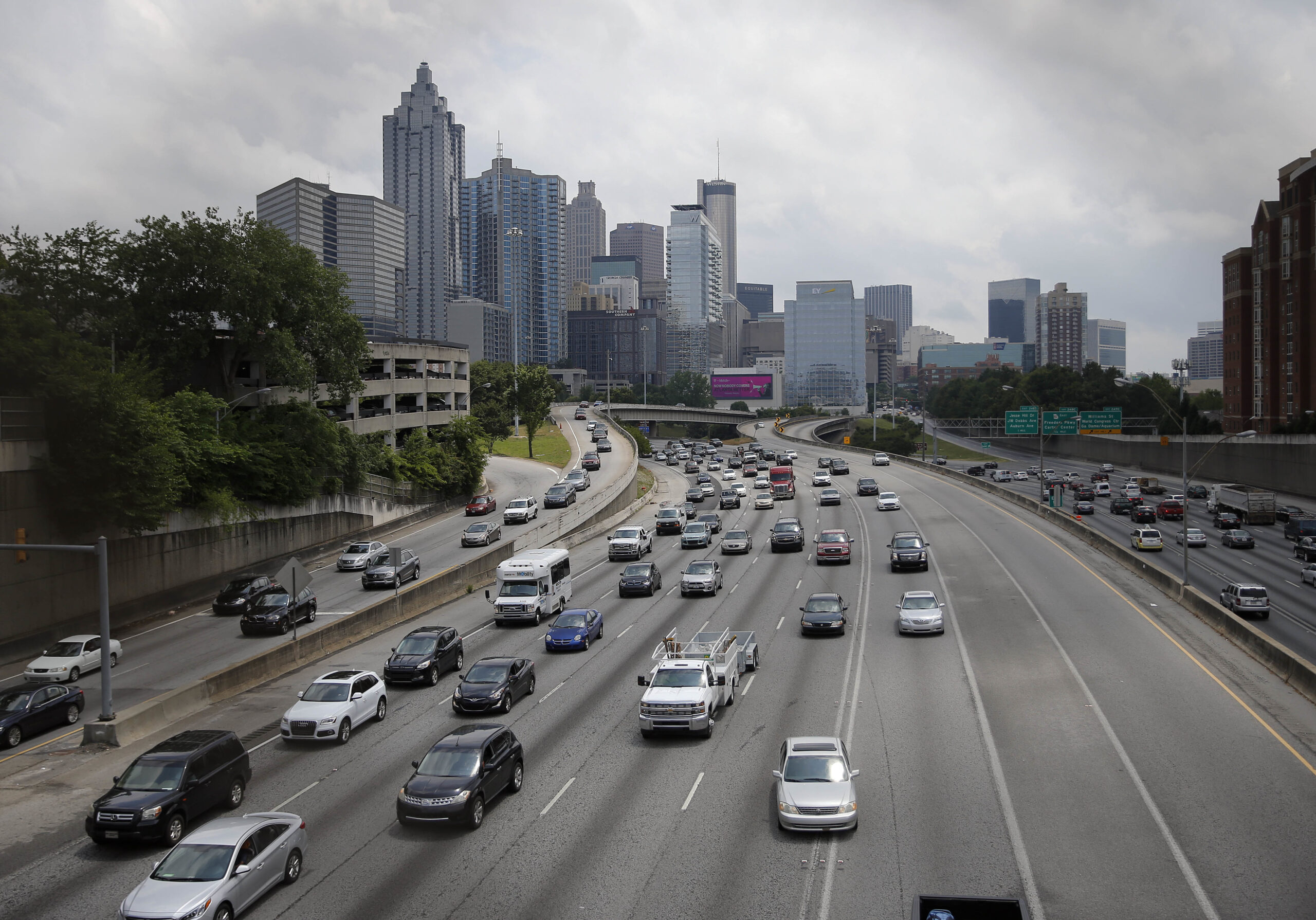Emory researchers explore the connection between redlining and environmental hazards

Lauren McCullough, an associate professor of epidemiology at Emory University’s Rollins School of Public Health, says the effects of redlining can be felt across multiple industries. McCullough further explained on Monday’s “Closer Look” that even though redlining is illegal and was outlawed in the 1960s, its legacy is still present.
McCullough and Leah Moubadder, a second-year doctoral student at Rollins, talked with program host Rose Scott about research that sheds light on the connection between redlining and environmental hazards and stressors in East Atlanta and redlining’s connection to breast cancer.
“If we are trying to conceive interventions to improve health outcomes in these populations, we need to understand what are the appropriate inventions in those neighborhoods,” explained McCullough.
Moubadder also talked about her research that focuses on the connection between redlining and air pollution and possible solutions to fix the lingering impacts of redlining.








